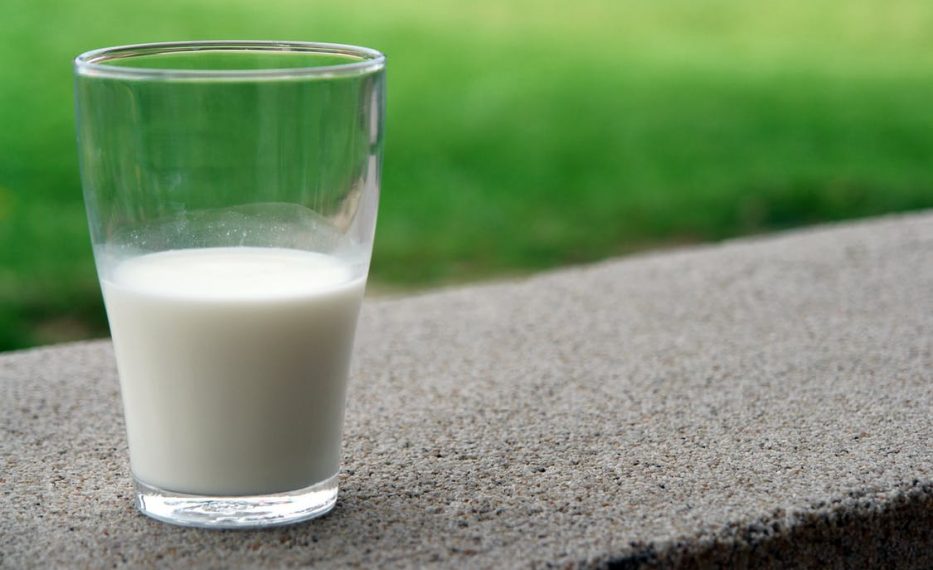Hello,
I wanted to write a new post on bone health in school-age children as I have been thinking a lot about this now that my girls are getting older. So we all know that calcium is important for healthy teeth and bones, but what other nutrients are important? And what else is important for bone health, besides nutrition?
Building stronger bones
Childhood and adolescence are the most important stages of life for bone development. It is a time of rapid growth and optimizing bone development during this stage of life is crucial as it is during this time that approximately 80-90% of peak bone mass is achieved. So during childhood and adolescence is the best time to “invest” in your child’s “bone bank” for their future.
Calcium
Calcium is essential for strong teeth and bones because it gives them their rigidity. Did you know that our bodies contain about 1kg of calcium and 99% of it is found in our bones and teeth?
How much calcium do school children need?
| Age | UK Calcium requirements (mg/day) |
| Infants | 525mg |
| 1-3 years | 350mg |
| 4-6 years | 450mg |
| 7-10 years | 550mg |
| 11-18 yearsBoysGirls | 1000mg800mg |
Foods rich in calcium include:
- Milk
- Yoghurt
- Cheese
- Sardines (oily fish with soft edible bones also contain vitamin D which helps calcium absorption)
- Okra
- Dried figs
- Kale
- Some nuts – especially almonds, brazil nuts, hazelnuts
- Calcium fortified drinks such as fortified soya drinks and fortified orange juices
Vitamin D

Children need vitamin D to help their bodies absorb calcium. The best source of vitamin D is sunlight, which their bodies use to make vitamin D in their skin. You can also find vitamin D in a few foods such as oily fish, cod liver oil, fortified margarines and a small amount in egg yolks. In the UK, the Department of Health recommends a daily supplement of vitamin D for under 5’s (8.5 – 10 micrograms vitamin D for under 1’s and 10 micrograms for children over 1 years of age to 5 years of age). Adults should ‘consider’ a vitamin D supplement of 10 micrograms per day during the winter months. For infants who are formula fed, it is recommended that they be given a supplement from the time they are drinking less than 500ml infant formula until 5 years of age. See my earlier post of ‘Vitamins for children?’ for further information.
Protein
An adequate protein intake is also very important for children’s bone development as protein plays a role in the structure of bones. Protein-energy malnutrition (PEM) ie. not enough protein and energy in a child’s diet,; can lead to skeletal problems, although PEM is rare in the UK.
All types of meat, fish, chicken, eggs, soya, dairy products, legumes (beans and pulses) and nuts are good sources of protein.
Fruit and vegetables

Include plenty of fruits and vegetables in your child’s diet. The more colourful the better, as this will ensure your child is getting a variety of vitamins and minerals such as vitamin C, vitamin K, potassium and magnesium which have been found to be particularly beneficial for bone health.
Other factors
There are also a number of other factors that play a role in bone health and bone development. I am not an expert in these areas, but I mention them out of completeness.
Positive factors:
Physical activity – weight-bearing activity is very good for building bone, such as jumping, skipping, running or team sports such as football or netball
Genetic factors – some people are more prone to softer/weaker bones due to their genes
Gender – men tend to reach a higher peak bone mass than women
Negative factors (not necessarily relevant to children!):
Smoking
Being inactive / sedentary
Excessive alcohol intake
Useful websites for more information on children’s bone health:
Paula x






